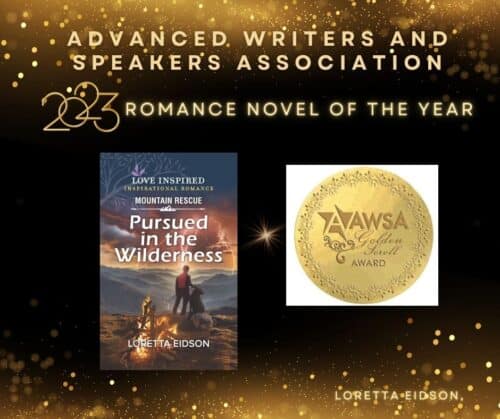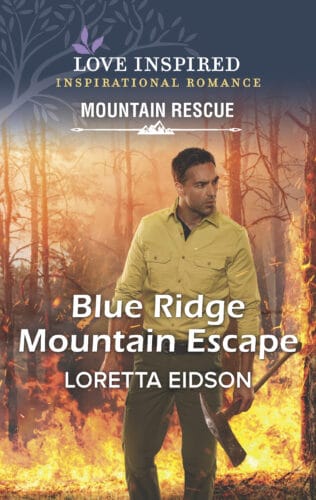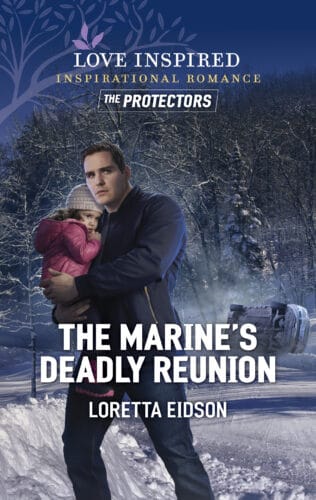
Years ago, one of the first things I discovered as I stood in the background at a writer’s conference, listening to a room full of attendees talk, was I needed to learn writer’s lingo. I cringed at the thought of someone asking me about a pitch when all I could imagine was the pitcher at a ballgame. That couldn’t be right. My introverted self didn’t want to speak to anyone because I had no clue what they were talking about, and I didn’t want to show my ignorance.
What do I mean by writer’s lingo?
Look at it this way. If you love baking, you understand what adding a pinch here and a dash there means. You let the yeast rise and carefully fold or knead the dough. You pre-heat the oven and bake until golden brown. Get the picture? Sounds simple enough if you are a cook.
As a mechanic, you know tire pressures, exhaust systems, oil levels, and battery life. Whereas, I have heard ‘mechanic lingo’, but that doesn’t mean I understand the depth of their meaning.
At writer’s conferences, authors mention a pitch, tagline, synopsis, proposal, dark moment, one sheet, inner struggle, transitional sentence, and a mountain of other expressions. What I quickly learned about a Christian writer’s conference is ‘no question is a dumb question.’ Every author has a beginning, and they understand what it feels like to be in your shoes. Most are happy to explain or share their experiences to help you understand.
- Backstory – Everything that has happened before your story begins.
- Character Arc—How the character changes and grows in achieving a goal or solving a problem.
- Setting—The background or environment for the action of a fictional work.
- Elevator Pitch—A short 60-90-second speech describing your manuscript.
- Query Letter—A special cover letter that sells your manuscript to a publisher.
- Hook—A short sentence used to attract interest or attention.
Do your best to present yourself to God as one approved, a worker who does not need to be ashamed
and who correctly handles the word of truth. 2 Timothy 2:15 NIV
To learn the writing process and its descriptive words, you must step out of your comfort zone and pursue your dreams. Dive in, write, and study. Be persistent, and don’t let the enemy deter you from your calling.
Learning to write, whether fiction or nonfiction, is challenging but fun and rewarding.
You can do it. Just don’t give up.
Feel free to ask questions in the comments, too. I’ve been writing for about twelve years, but that doesn’t mean I know everything. Writing is an ever-learning process.
Blessings,
Loretta Eidson
Award-winning author Loretta Eidson loves writing romantic suspense. She believes in the power of prayer and enjoys putting her characters in realistic situations where they must trust God to pull them through. Loretta is an AWSA-certified coach and has a heart for aspiring writers. Tamela Hancock Murray represents her, and Harlequin’s Love Inspired Suspense publishes her.
Loretta has four grown children, thirteen grands, and four great-grands. She loves chocolate, caramel, iced tea, and coffee. She lives in North Mississippi, close to her family.
https://www.facebook.com/loretta.eidson.7
https://twitter.com/lorettajeidson
https://www.instagram.com/lorettaeidson/











Leave a Reply